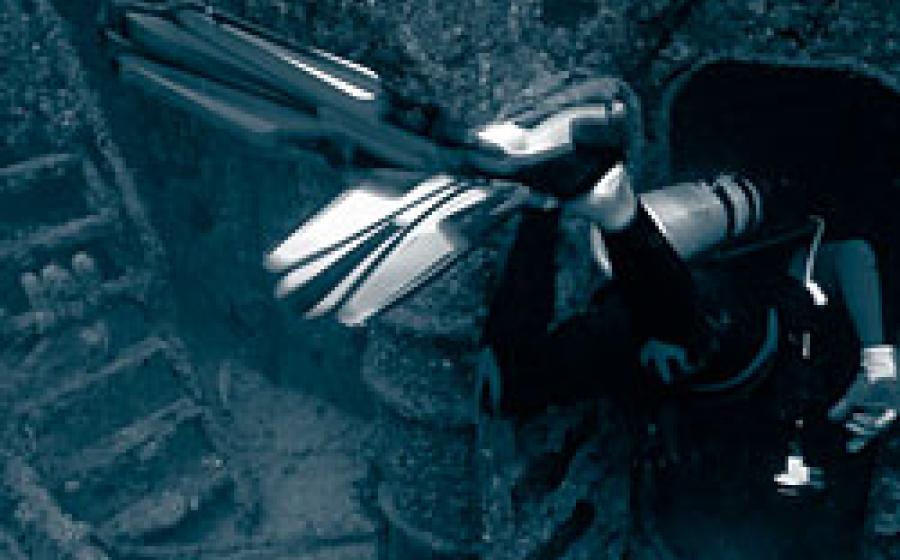Your diving questions answered.
Training Articles
Wounded veterans find mobility, confidence & a lifetime of possibilities underwater.
Inadequately trained divers make an inadequately planned wreck penetration and suffer the consequences.
Your diving questions answered.
Use these secrets of the air-sippers to stretch your next tank.
An experienced instructor pays the price for making a rookie mistake.
What you need to know about the most common cause of diving deaths.
Like any good sport, diving has a language all its own.
June 2007 By Moira Honeyman Photography by Tim Calver I'm not sure why this thought comes to me, but kneeling on the sand in 40 feet of water, literally surrounded by Caribbean reef sharks, I decide it's best if I don't look ...





